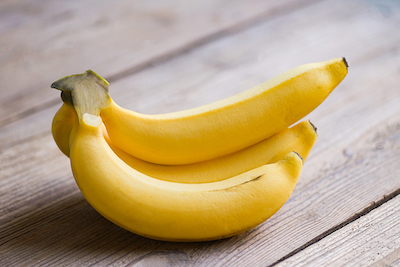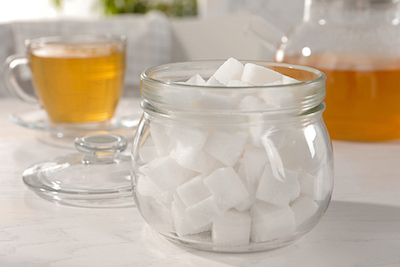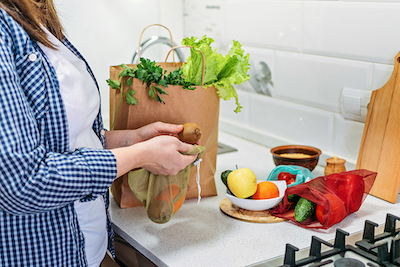Bananas are one of the most popular fruits around the world. They come in a variety of sizes and colors, but most importantly, bananas can be eaten at different stages of ripeness. Some people prefer the sweet and soft texture of ripe bananas, while others enjoy the firmer and less sweet taste of unripe bananas. But what exactly are the differences between ripe and unripe bananas, and how do these differences affect their nutrition, taste, and other aspects? Let’s peel back the layers and find out.
Taste and Texture
- Ripe Bananas:
- Taste: Ripe bananas are sweet with hints of honey or vanilla. The sweetness comes from the natural sugars that develop as the banana matures.
- Texture: They are soft and mushy, making them easy to digest. The peel is yellow with possible brown spots, indicating a high sugar content.
- Unripe Bananas:
- Taste: Unripe bananas are less sweet and have a slight bitterness because the starch hasn’t fully converted into sugar yet. Some people describe the taste as more “vegetable-like.”
- Texture: They are firmer and can be a bit waxy. The peel is green or light yellow, indicating that the banana hasn’t fully ripened.
Nutrition Comparison
Bananas, whether ripe or unripe, are a good source of various nutrients, but their nutritional profiles change as they ripen.
- Vitamins and Minerals: Both ripe and unripe bananas contain vitamins such as Vitamin C, Vitamin B6, and minerals like potassium and magnesium. The levels of these nutrients are relatively stable as the banana ripens, although there might be slight decreases in Vitamin C and some B vitamins in fully ripe bananas due to their sensitivity to air and light.
- Calories and Sugar: Ripe bananas have more calories and sugar compared to unripe bananas. As bananas ripen, the starch converts to sugar, increasing the sweetness and calorie content.
- Fiber: Unripe bananas are rich in resistant starch, which functions like fiber. This type of starch aids in digestion and can help you feel full longer. As the banana ripens, the resistant starch converts into simple sugars, decreasing the fiber content.
- Antioxidants: Ripe bananas are higher in antioxidants. As bananas ripen and the peel turns brown, the antioxidant levels increase. Antioxidants are important for protecting your body against damage from harmful molecules.
Health Benefits
- Ripe Bananas:
- Easier to digest due to the soft texture.
- Higher antioxidant levels may contribute to cancer prevention.
- The sweetness makes them a healthy option to satisfy sugar cravings.
- Unripe Bananas:
- High in resistant starch, beneficial for gut health and weight management.
- Lower sugar content is better for those monitoring blood sugar levels.
- The firmer texture can be more satisfying to eat, helping with portion control.
Usage in Cooking
- Ripe Bananas:
- Ideal for baking (banana bread, muffins) because their sweetness and moisture add flavor and texture.
- Perfect for smoothies as they blend well and add natural sweetness.
- Unripe Bananas:
- Better for frying or chips as they hold their shape better.
- Can be used in cooking where less sweetness is desired, such as in some Asian dishes.
Storage and Ripening
- To speed up ripening, store bananas in a paper bag at room temperature. The bag traps ethylene gas produced by bananas, encouraging ripening.
- To slow ripening, keep unripe bananas away from other fruits and store them in a cool place. Refrigerating ripe bananas can help maintain their state for a longer time, though the peel may darken.
Which is Best?
Whether you choose ripe or unripe bananas depends on your taste preference, nutritional needs, and how you plan to use them. Ripe bananas are sweet, soft, and loaded with antioxidants, making them a great choice for snacks and desserts. Unripe bananas, on the other hand, are firmer, less sweet, and packed with resistant starch, making them suitable for weight management and cooking. Regardless of your preference, bananas are a nutritious and versatile fruit that can be enjoyed in various stages of ripeness. So the next time you reach for a banana, consider what you’re in the mood for and enjoy the benefits it has to offer.














